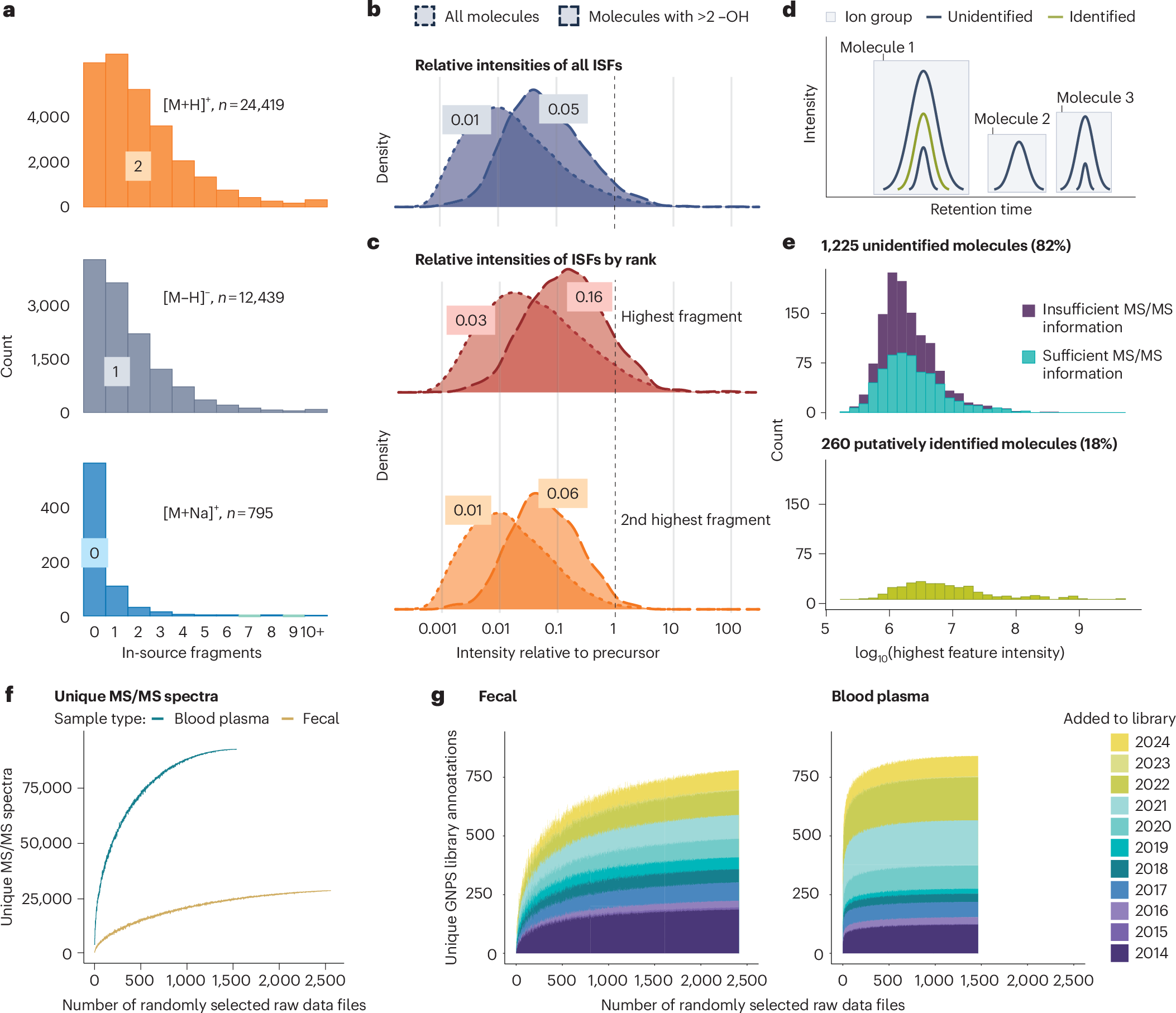Adriano Rutz’s website
MITE: the Minimum Information about a Tailoring Enzyme database for capturing specialized metabolite biosynthesis
Secondary or specialized metabolites show extraordinary structural diversity and potent biological activities relevant for clinical and industrial applications. The biosynthesis of these metabolites usually starts with the assembly of a core ‘scaffold’, which is subsequently modified by tailoring enzymes to define the molecule’s final structure and, in turn, its biological activity profile. Knowledge about reaction and substrate specificity of tailoring enzymes is essential for understanding and computationally predicting metabolite biosynthesis, but this information is usually scattered in the literature. Here, we present MITE, the Minimum Information about a Tailoring Enzyme database. MITE employs a comprehensive set of parameters to annotate tailoring enzymes, defining substrate and reaction specificity by the expressive reaction SMARTS (Simplified Molecular Input Line Entry System Arbitrary Target Specification) chemical pattern language. Both human and machine readable, MITE can be used as a knowledge base, for in silico biosynthesis, or to train machine-learning applications, and tightly integrates with existing resources. Designed as a community-driven and open resource, MITE employs a rolling release model of data curation and expert review. MITE is freely accessible at https://mite.bioinformatics.nl/.
The LOTUS initiative for open knowledge management in natural products research
Contemporary bioinformatic and chemoinformatic capabilities hold promise to reshape knowledge management, analysis and interpretation of data in natural products research. Currently, reliance on a disparate set of non-standardized, insular, and specialized databases presents a series of challenges for data access, both within the discipline and for integration and interoperability between related fields. The fundamental elements of exchange are referenced structure-organism pairs that establish relationships between distinct molecular structures and the living organisms from which they were identified. Consolidating and sharing such information via an open platform has strong transformative potential for natural products research and beyond. This is the ultimate goal of the newly established LOTUS initiative, which has now completed the first steps toward the harmonization, curation, validation and open dissemination of 750,000+ referenced structure-organism pairs. LOTUS data is hosted on Wikidata and regularly mirrored on https://lotus.naturalproducts.net. Data sharing within the Wikidata framework broadens data access and interoperability, opening new possibilities for community curation and evolving publication models. Furthermore, embedding LOTUS data into the vast Wikidata knowledge graph will facilitate new biological and chemical insights. The LOTUS initiative represents an important advancement in the design and deployment of a comprehensive and collaborative natural products knowledge base.







